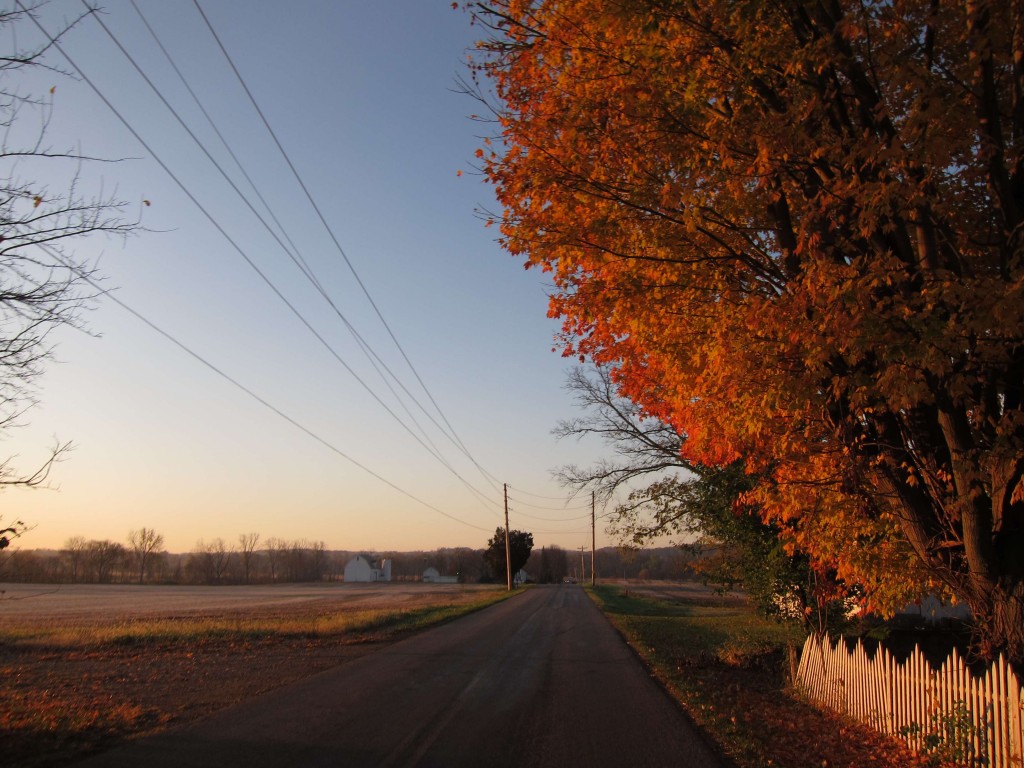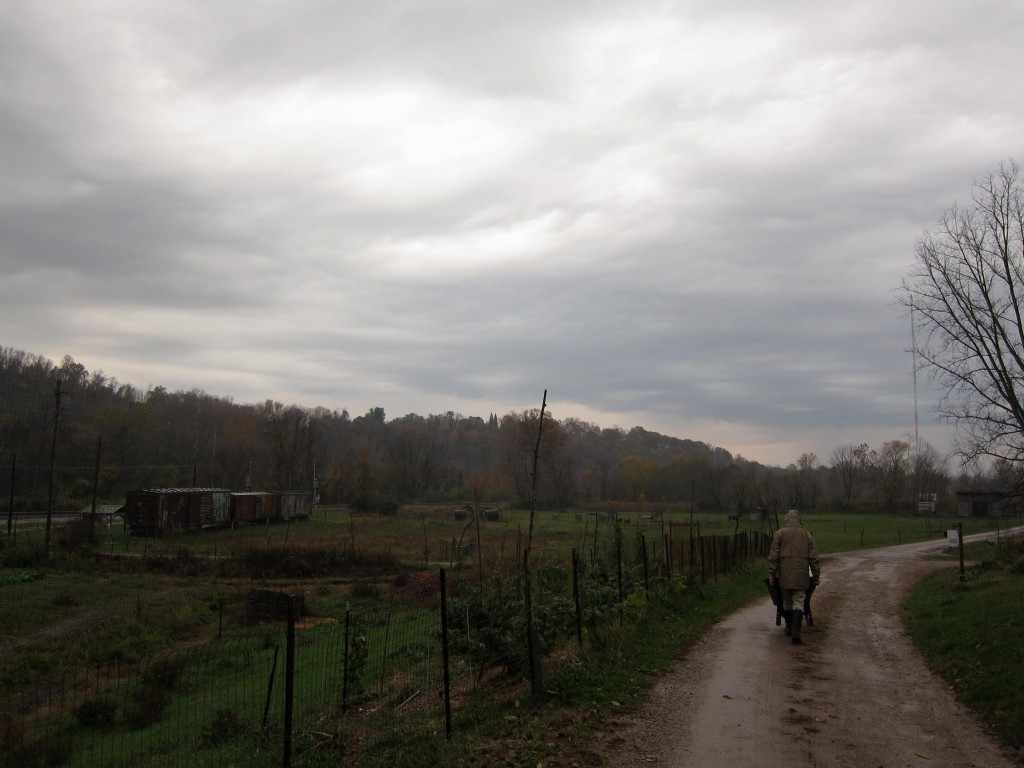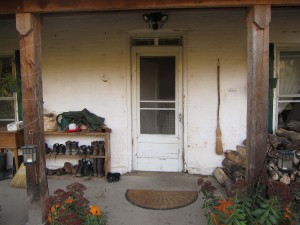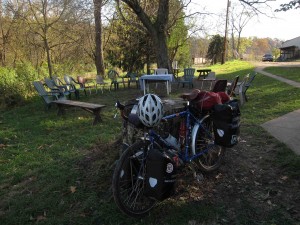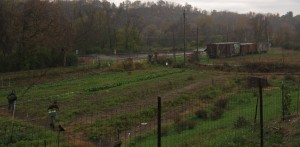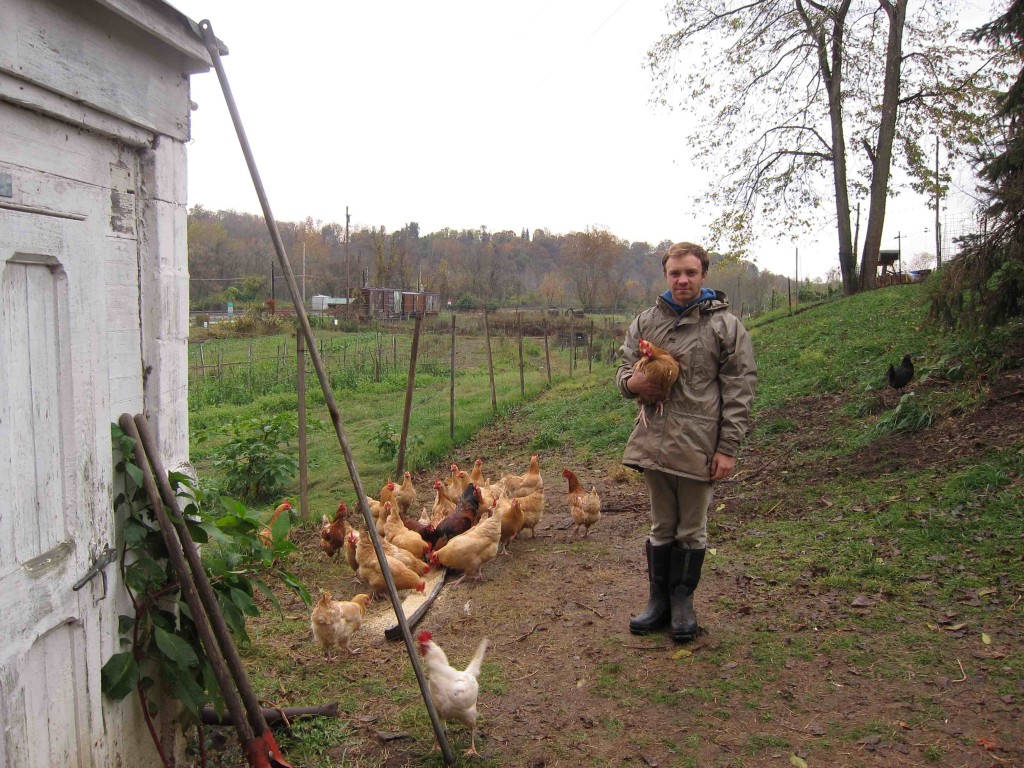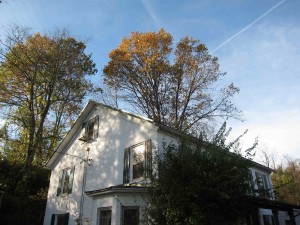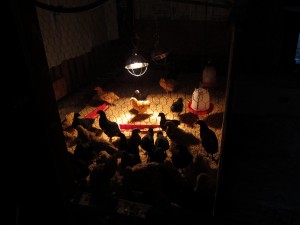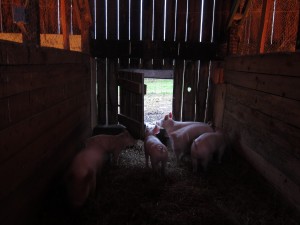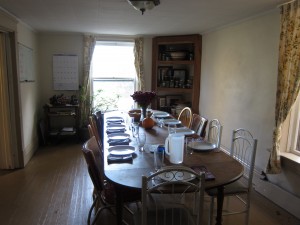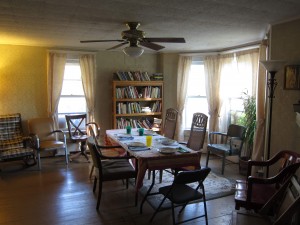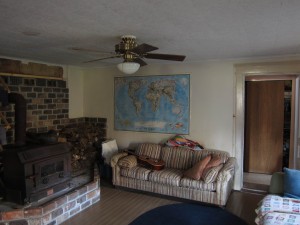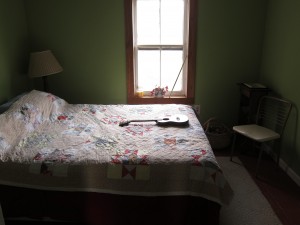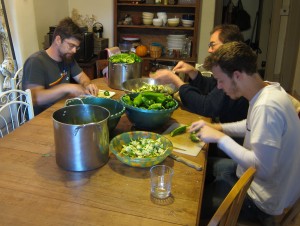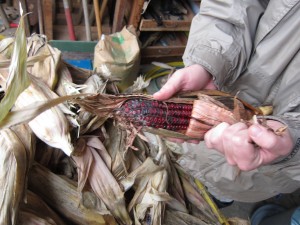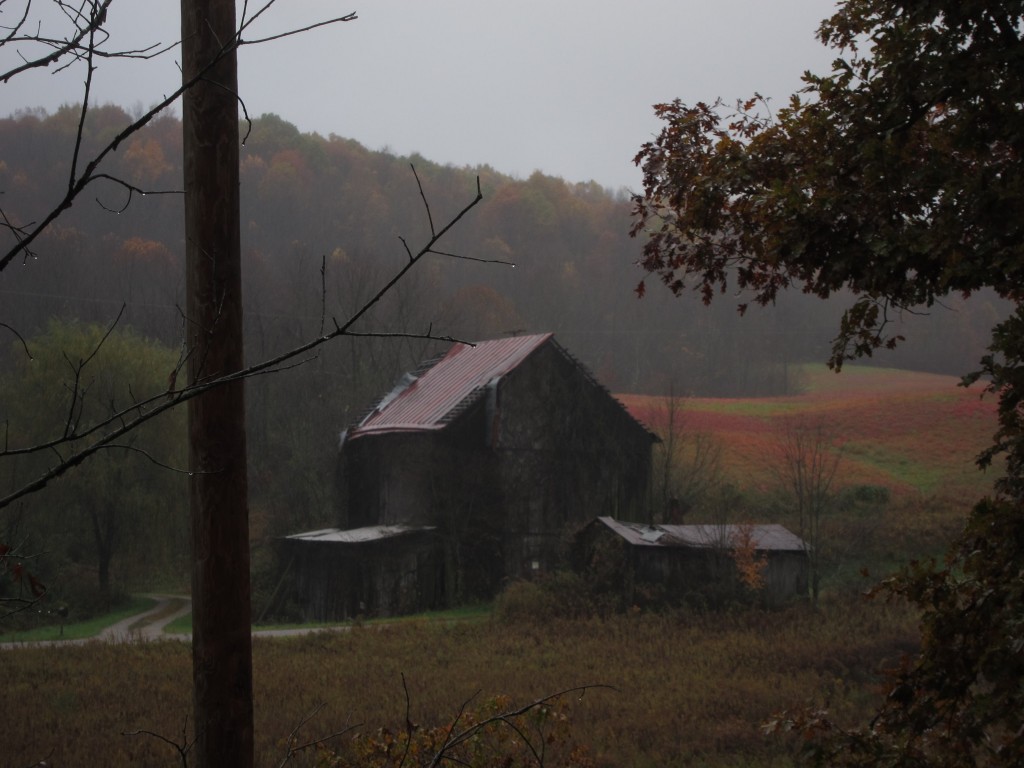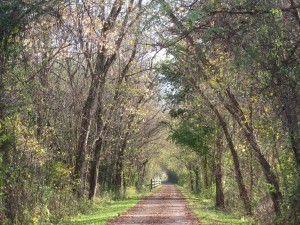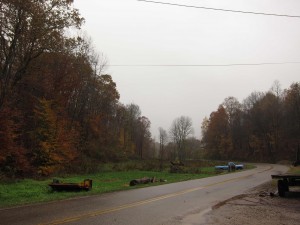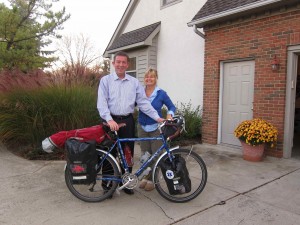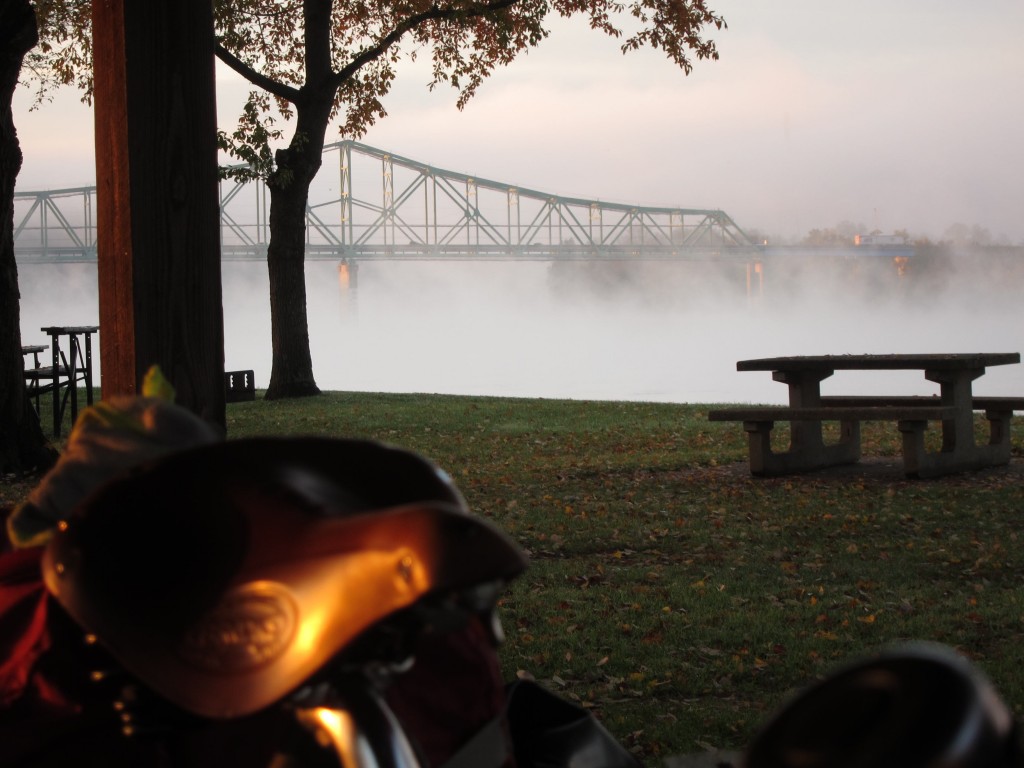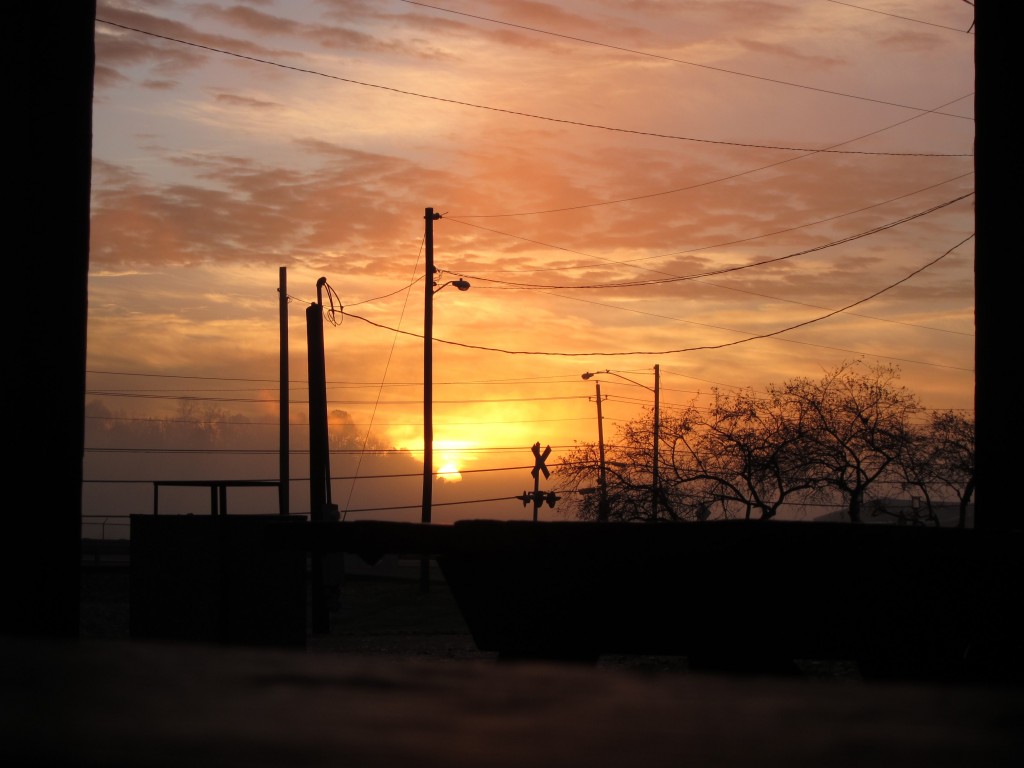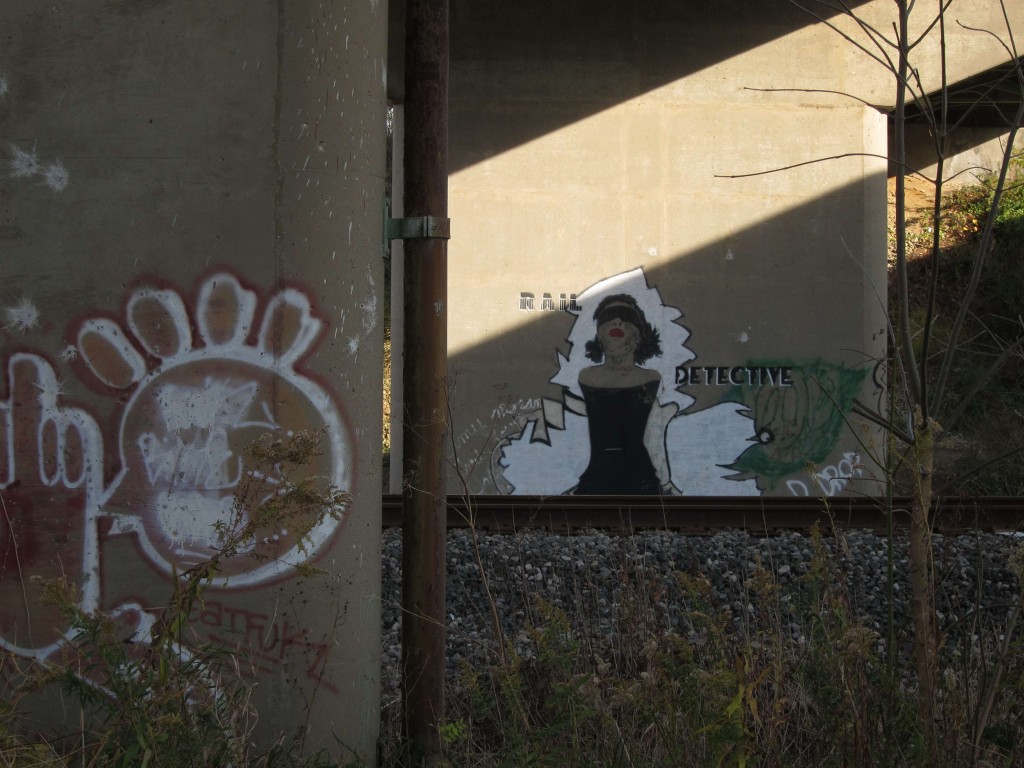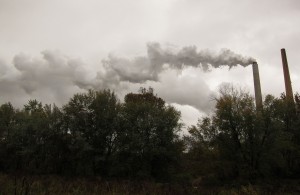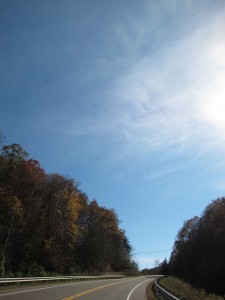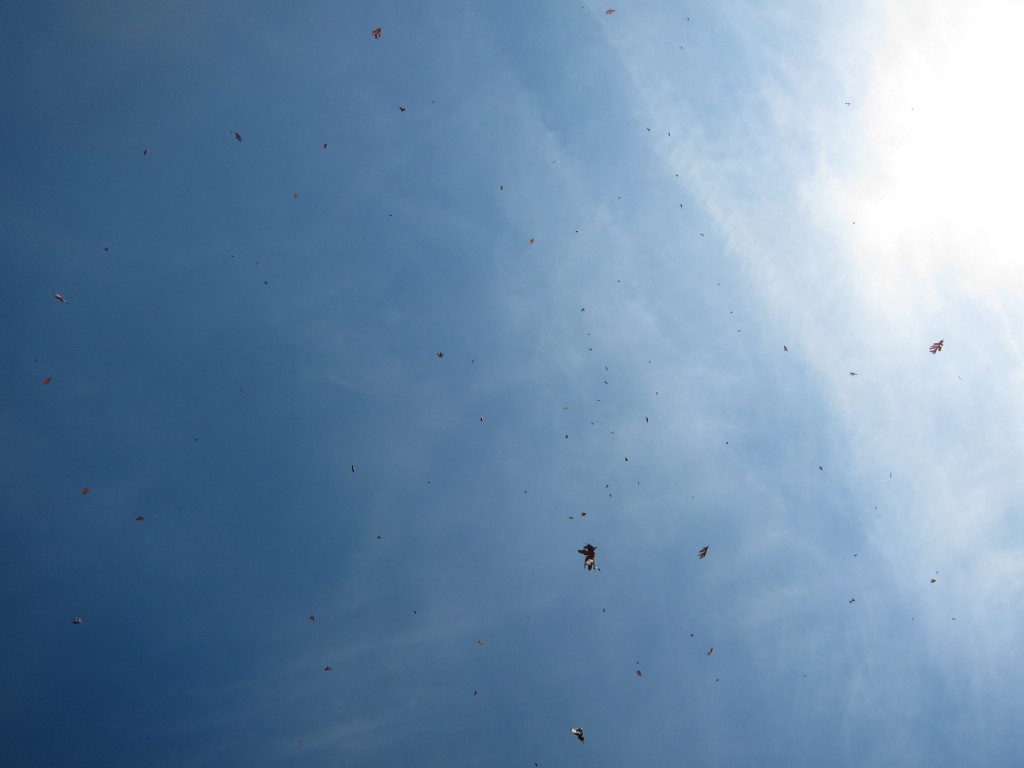30 Oct, 2011
In the hills of southern Ohio, there is a community of believers living in a way both ancient and fresh. Although they call themselves the Common Friars, their way of life is anything but ordinary or popular. It does, however, draw from the well that quenches a universal thirst. In this way, the friars speak a living language that we can all understand if we are willing to listen.
Although I can translate some of their words, it is worth your time to go straight to the horse’s mouth: http://commonfriars.wordpress.com/
There, you can read more about how this monastic community lives out the charisms of gospel poverty, joy and hospitality. You can learn about the great work that they do providing food for those in need in the greater Athens area. You can get a better sense of how daily care of cows, chickens, pigs, and gardens relates to developing our connection to the divine. You can consider how theology informs practice and leads to health. But you cannot feel the fur of the happy, aging beagle whose character permeates the grounds. You cannot feel the dirt on your skin or mud on your boots. You cannot hear the birds and rain on the rooftop of a house heated by a woodstove. Some things you can only experience by doing. It is precisely that lesson that the friars live out.
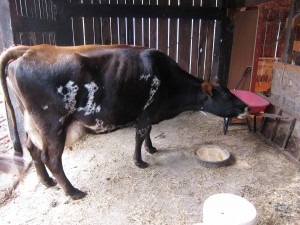
"Like newborn infants, long for the pure, spiritual milk, so that by it you may grow into salvation." Words put into practice by the friars. It's a rare treat for me to drink milk from a cow I've seen or touched. Later this day, we skimmed off the cream from the morning's milking and made ice cream. Pure, spiritual milk, you say? What do you long for?
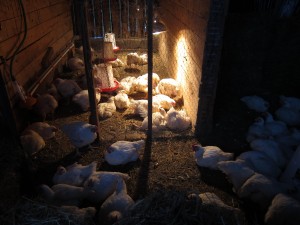
For many of us, farm life is a thing of nursery rhymes. We are disconnected from the process that brings food to our tables. Similarly, we lack connection to that which sustains us in our spiritual lives. The Common Friars seek to integrate these things and to live into Christ's teaching. By living apart from community, do many of us relegate those teachings to the world of nursery rhymes?
Among other things, the Common Friars are a reminder of the communal nature of salvation. They stress a radical willingness to depend on others. That is, they emphasize the importance of being neighbors. As one of their religious colleagues says, “You don’t create community. It’s there. It’s all around us.” We are connected to others in myriad ways we often forget: through food, clothing, utilities, language, commute, worship, etc. It takes great effort to deny these connections—or perhaps great ignorance.
As part of their response to the crisis in the global community that we refer to as climate change, the friars offer an interesting response. Paul Clever, one of the founding friars, says that instead of following the behavior that we tend to associate with popular environmentalism—such as buying a Prius, sporting green products, and listening to NPR, “we harness sacrifice.” For instance, when they learned that dryers create a major burden on the energy needs of the community, they got rid of their dryer and changed their practices. This sort of change in behavior begins as a sacrifice, but quickly reveals itself to be a means of becoming more mindful of your actions. In addition, this change in behavior significantly lowered their energy costs.
If the friars are given a choice between installing solar panels and unplugging a few devices, they choose the latter. In their eyes, there is no technological solution to climate change that is meaningful for their community. The only immediate solution is what is meaningful for their lives and practices. In that way, the friars show us the value of consuming less.
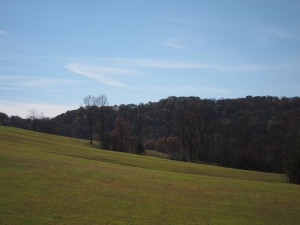 In all that they do, the Common Friars seek to live by the language of the gospel. That is, rather than associating with the political left or right, they turn to language that transcends political affiliations in search of what we at Thad’s call “the God love life.”
In all that they do, the Common Friars seek to live by the language of the gospel. That is, rather than associating with the political left or right, they turn to language that transcends political affiliations in search of what we at Thad’s call “the God love life.”
There is something cyclical about the friars’ way of life. Many of their practices are shaped by the desire to live in community. By living in community with one another, each individual benefits from practices such as growing healthy food and worshipping regularly. Because the individuals are healthy, they contribute to the health of their household, which is, in turn, able to contribute to the surrounding community. In this way, the friars demonstrate the communal aspects of the God love life. This reminds me of a quote from Mother Teresa that a close friend uses as an email tagline: “If we have no peace, it is because we have forgotten that we belong to each other.”
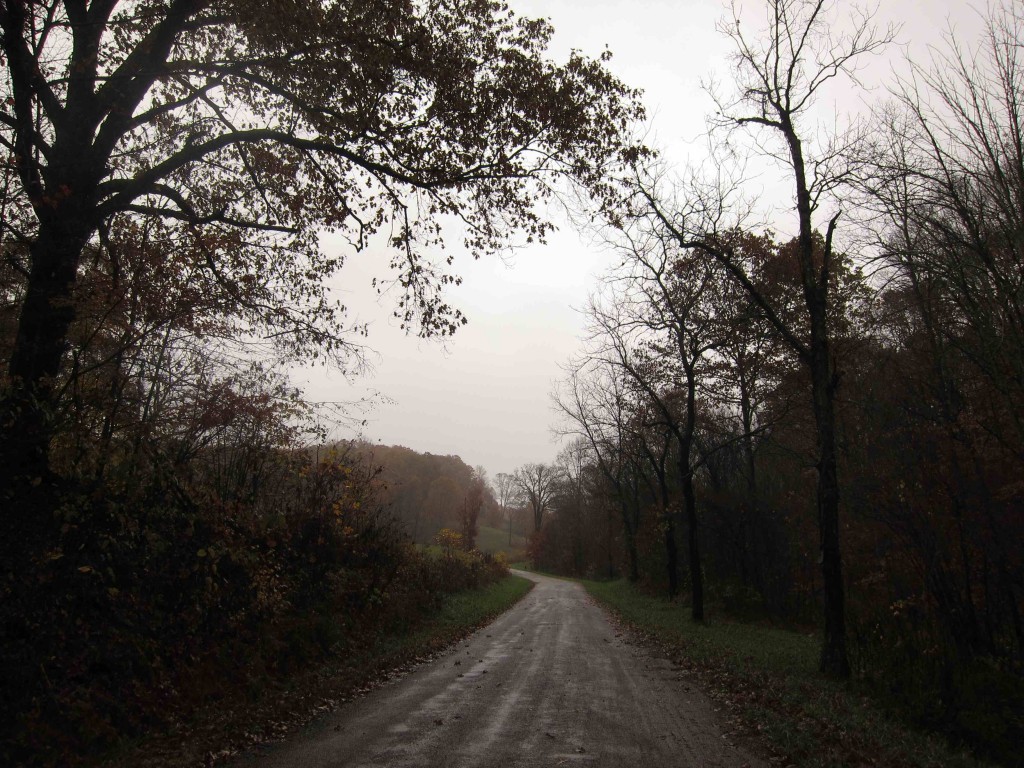 On the rainy Thursday morning before I left the Common Friars, we chatted in their humble, outdated kitchen. Morning prayer was still ringing in our ears. A giant Amish pancake and the laughter of breakfast settled in our bellies. I washed dishes with my bare feet on the linoleum as they began the process of installing a stove that someone had donated. Our conversation honed in on climate change. Paul mentioned something that I can only paraphrase. It went something like this: “I would like to see an affluent society make a different decision [than self-destruction through over consumption]. We have an opportunity to act differently than all generations before us. We have the chance to consider the lilies of the field. To consider the beauty that is all around us.” Community is all around us. How do we live into that community? How do we learn to belong?
On the rainy Thursday morning before I left the Common Friars, we chatted in their humble, outdated kitchen. Morning prayer was still ringing in our ears. A giant Amish pancake and the laughter of breakfast settled in our bellies. I washed dishes with my bare feet on the linoleum as they began the process of installing a stove that someone had donated. Our conversation honed in on climate change. Paul mentioned something that I can only paraphrase. It went something like this: “I would like to see an affluent society make a different decision [than self-destruction through over consumption]. We have an opportunity to act differently than all generations before us. We have the chance to consider the lilies of the field. To consider the beauty that is all around us.” Community is all around us. How do we live into that community? How do we learn to belong?
Until we meet again
More deeply belonging to one another
Than we thought possible


